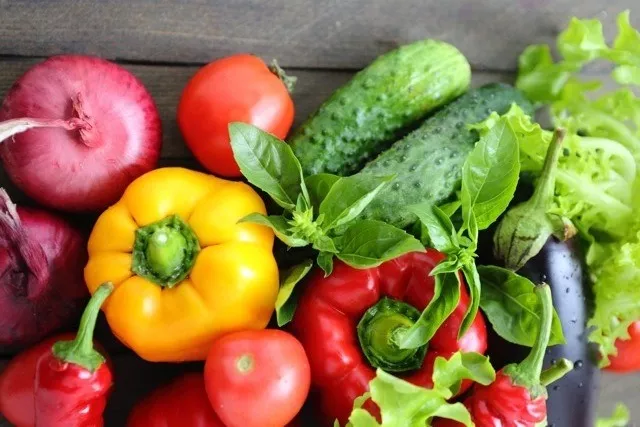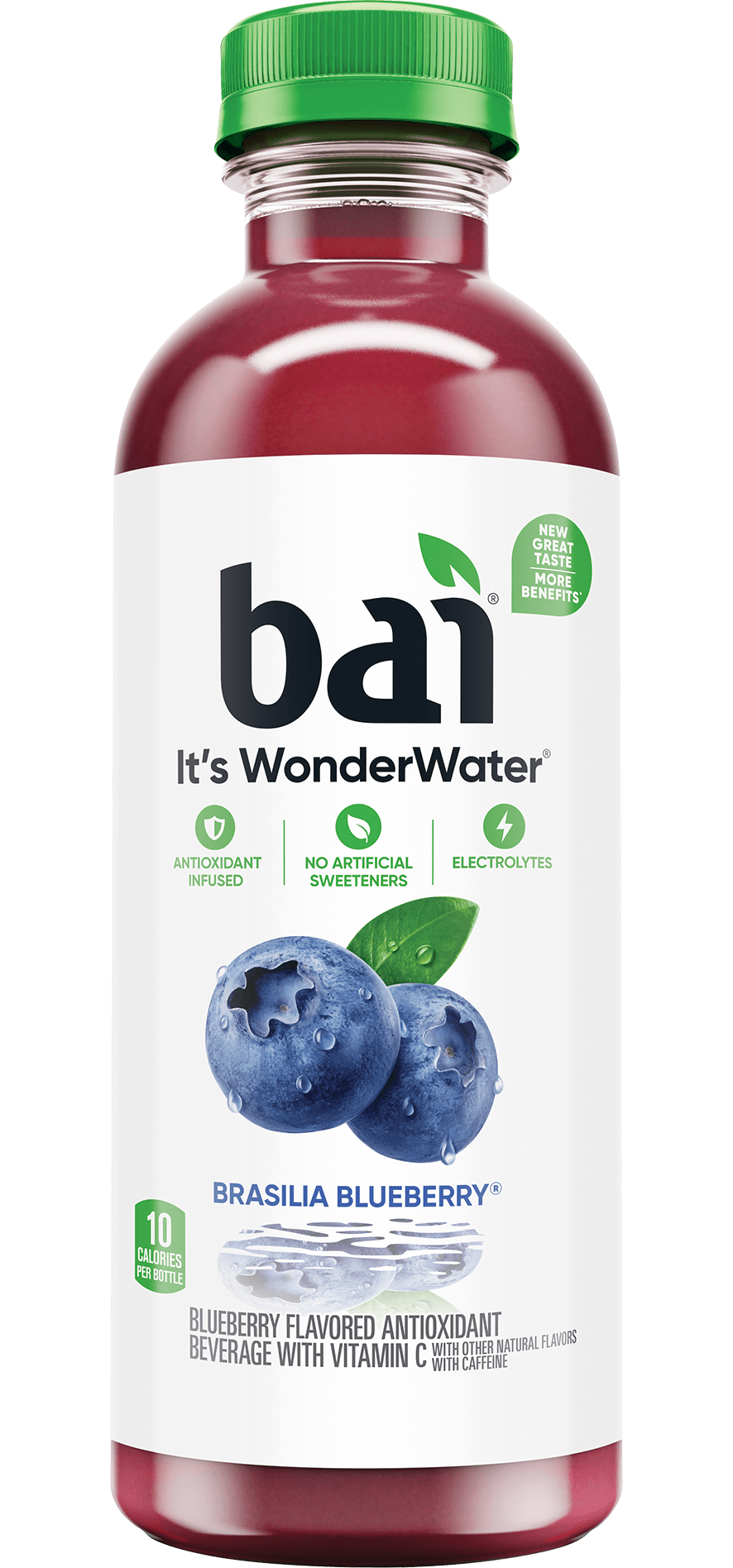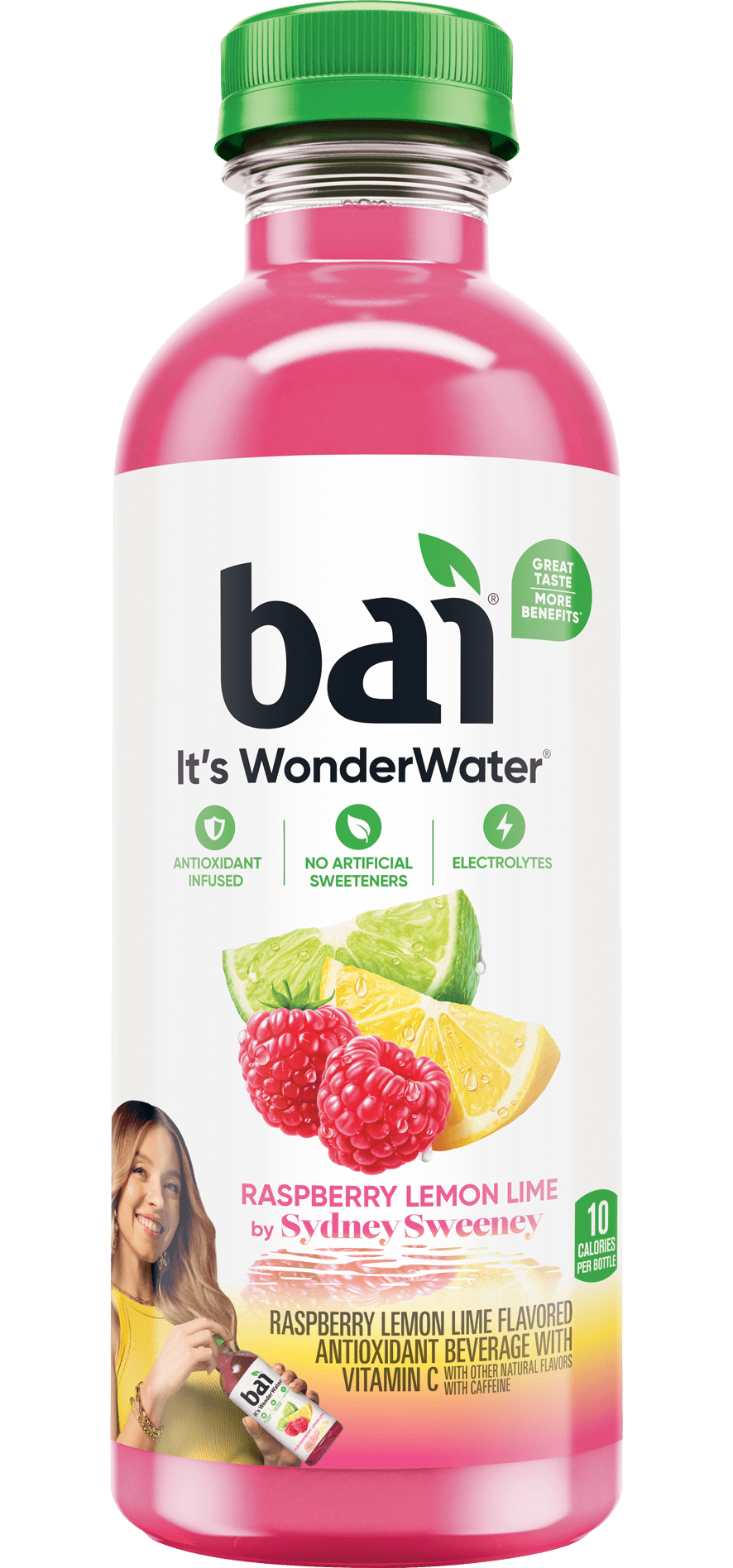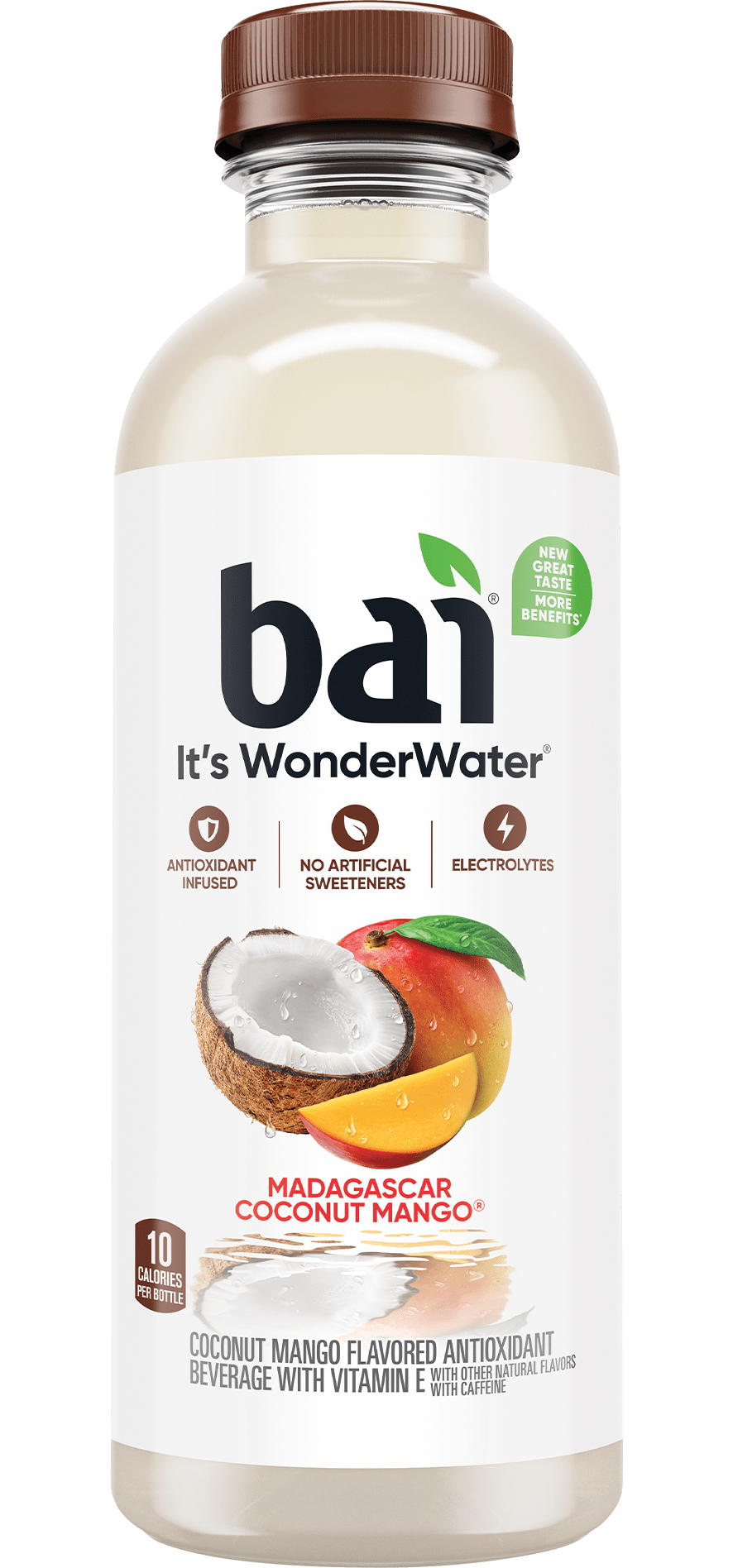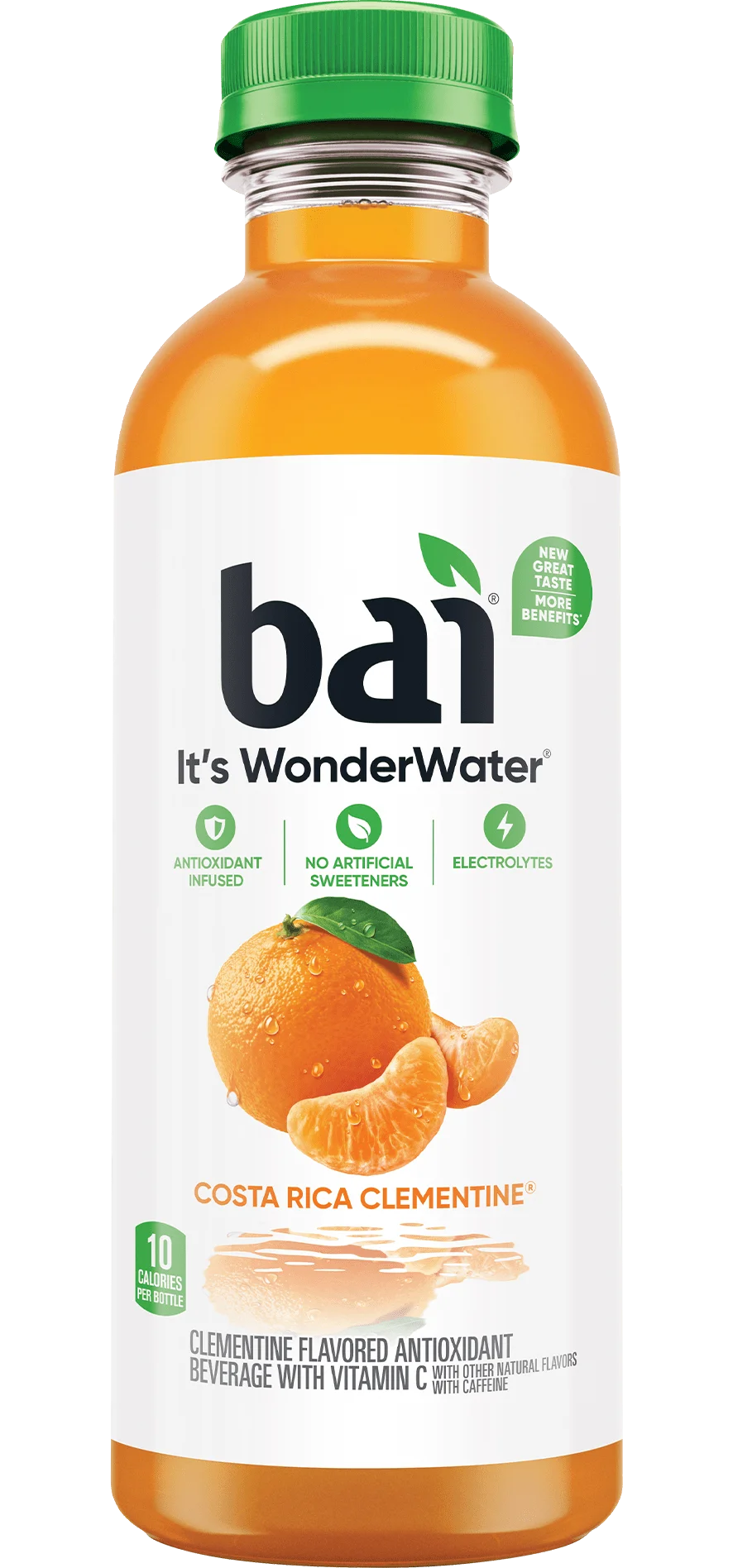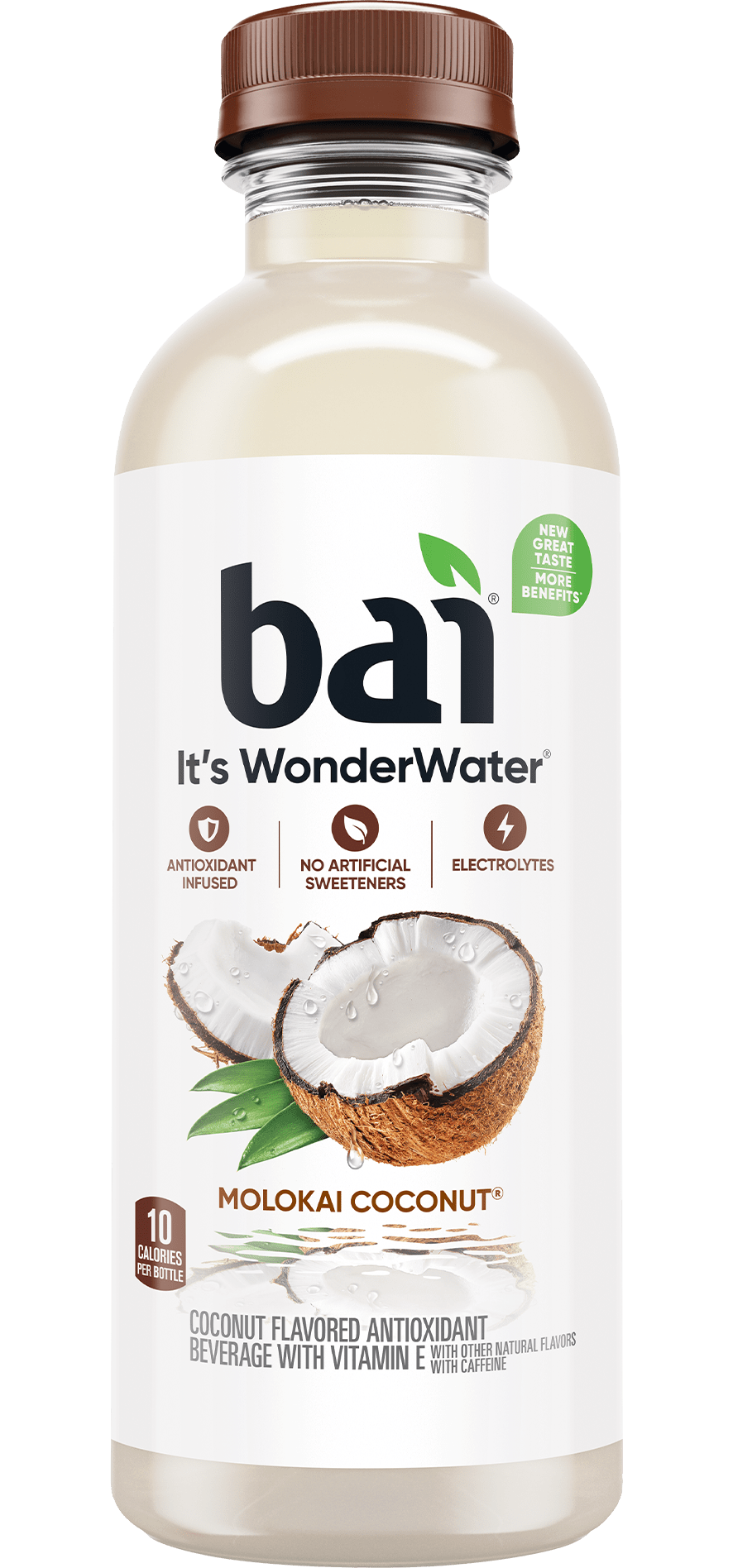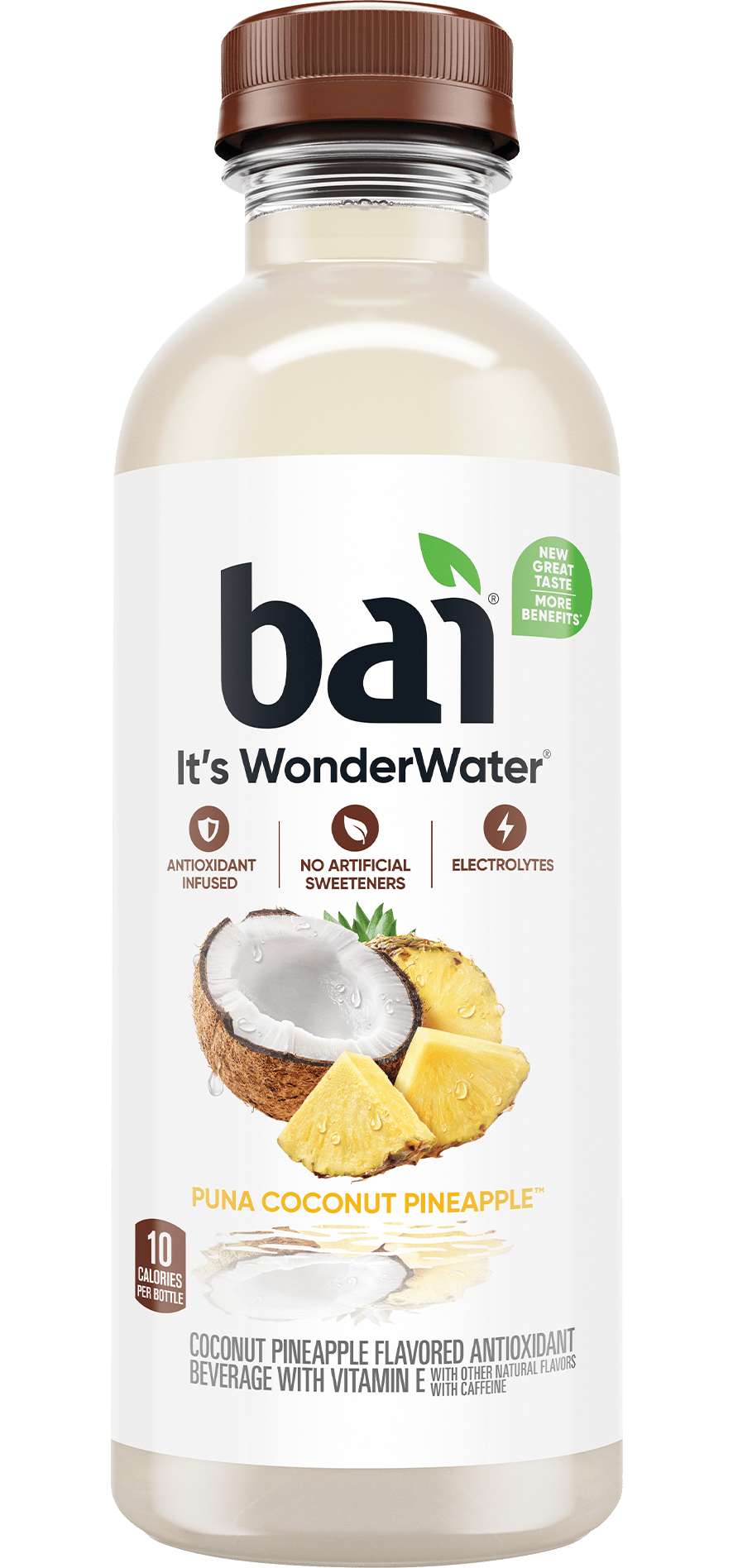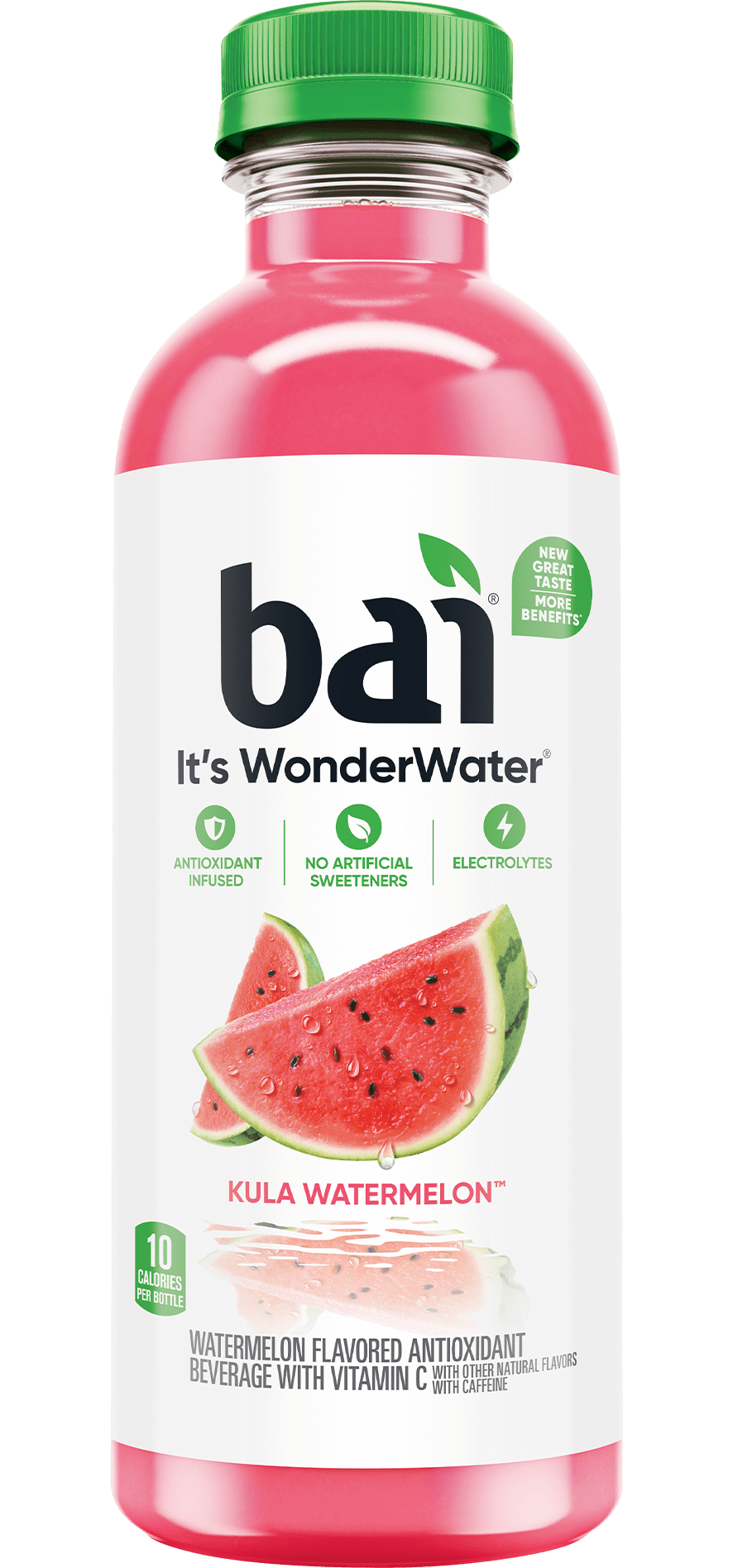Over the last decade or so, as more and more organic products have hit supermarket shelves, many people have switched to an organic lifestyle, but how do you truly know if a food is organic? One way to sort through the often confusing claims is to look for the certified USDA seal.
With the start of the USDA’s certifying organization, the National Organic Program, in 2002 began a now $35-billion-a-year American industry devoted to providing produce and other food grown without the use of harmful chemicals. In the time since the official government seal of approval on organic products was debuted, the number of certified organic operations in the US has grown about 245% to 18,513, according to a report released by the USDA in March.
For a farm, business, or product to be certified organic means that it meets the USDA’s stringent requirements and standards. Various products are able to become certified, including produce, food, cleaning products, and textiles, among many others. Businesses like retailers, designers, farms, and restaurants are also able to earn an organic certification
Many people think organic just means no pesticides, which is true, but there are many other requirements that must be met before a product is certified. An item must not be produced using any genetic modification, ionizing radiation, or sewage sludge. Many chemicals used on crops, in products, and on livestock, such as fertilizer, antibiotics, and pesticides, are not allowed to be used on true organic products. The production of the products must only use chemicals and other substances that adhere to the National List of Allowed and Prohibited Substances guidelines.
A product can be considered 100% organic, but only if every one of its ingredients are organic. When a product uses some non-organic ingredients, it may still obtain the right to the organic seal. However, only up to 5% of the total ingredients are allowed to be nonorganic, not including salt or water. A business must identify all the ingredients that are organic by stating it or putting a mark like an asterisk beside it.
Further, if a product doesn’t apply to become certified, it isn’t allowed to make any claims on the display panel that it’s organic, and the USDA’s certified organic seal may not be anywhere on the packaging. A handling facility or farm may obtain organic certification through one of approximately 100 state, foreign, or private certifiers that is accredited by the USDA.
Getting certified isn’t the end for farms and businesses wishing to use the certified organic seal. One of the USDA’s certifying agents verifies that the operation complies with the organic regulations each year with a visit that may be announced or unannounced. Violations can result in fines, product label changes, or even certification suspension or revocation.
What all of this means, however, is that all you need to do to be sure you’re buying something that is truly organic is to check the label for the USDA certified organic seal.

